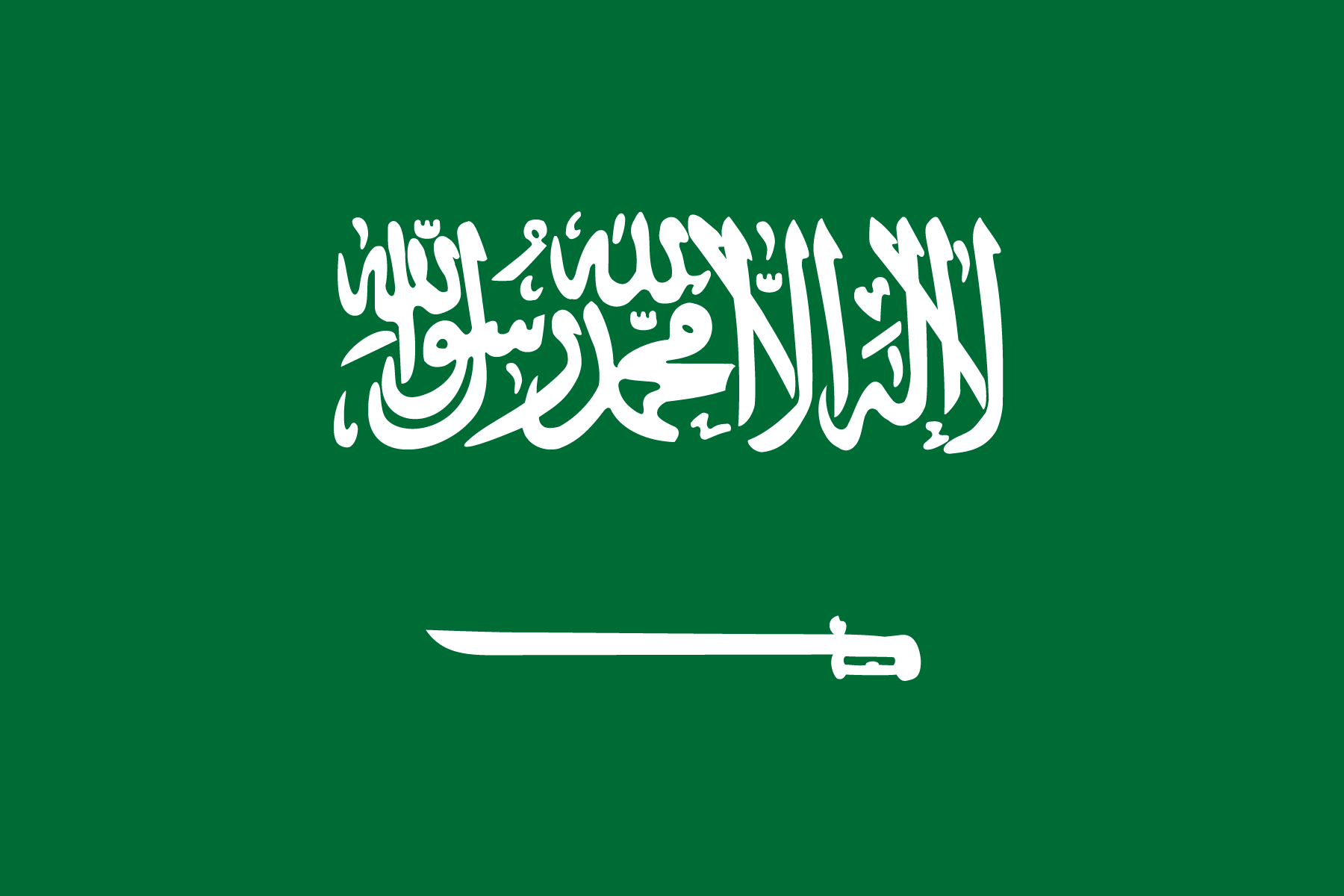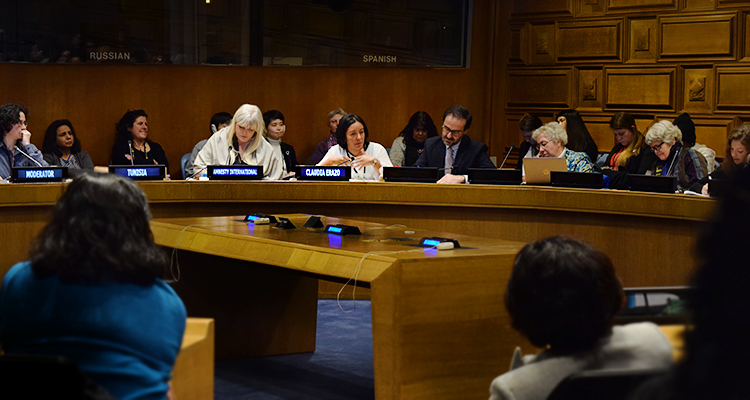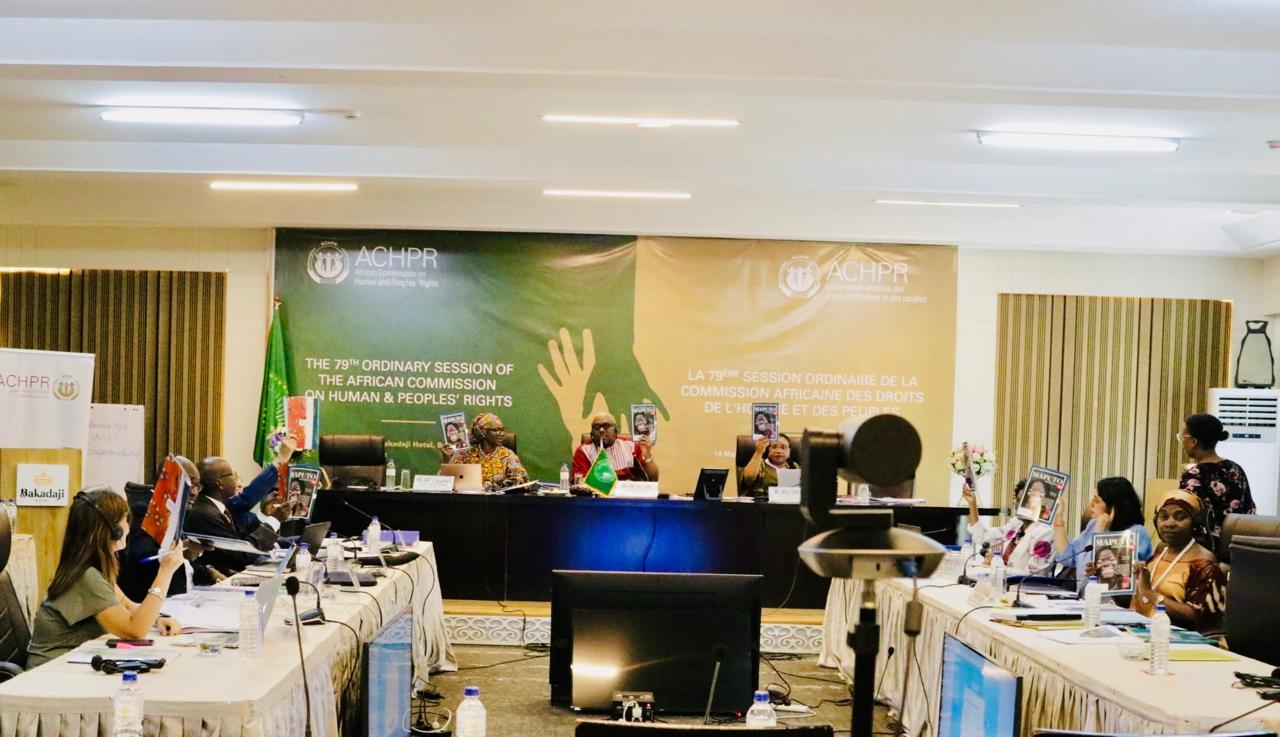During the event, co-sponsored by Norway and Tunisia, panellists discussed significant and real risks faced by women human rights defenders (WHRDs). Globally WHRDs are targeted because of their work, but also because of who they are.
Distinguished women human rights defenders Maryam Al-Khawaja, former Co-Director of the Gulf Centre for Human Rights and Claudia Erazo, Director of the Colombian Organization Corporacion Juridica Yira Castro provided insight from their experiences in Bahrain and Colombia respectively.
Disturbing attacks against WHRDs were discussed:
- Travel bans restricting WHRDs from attending the current session of the Committee on the Status of Women, as well systematic travel bans on WHRDs from Bahrain during sessions of the UN Human Rights Council. There have been further limits on WHRDs participation in UN mechanisms due to denials of visas.
- Stigmatisation of WHRDs being used as a political tactic to discredit them and their work.
- Financial restrictions imposed on WHRDs; including women associated with WHRDs in Bahrain losing their jobs.
A central theme of the discussion was the need for accountability.
‘If governments are not held accountable, how do we ensure protection of human rights?’ questioned Al-Khawaja.
‘All States need to fully implement their responsibilities and respect and protect WHRDs’, said Danna Ingleton from Amnesty International. Erazo echoed this calling on the international community to help to ensure Colombia protects WHRDs.
‘We need to prevent violations before they occur’ said Al-Khawaja. ‘Mechanisms need to be implemented to protect WHRDs before their rights are violated’, stressed Al-Khawaja.
This side event took place amidst increasing concerns around the limitations to genuine and meaningful participation and recognition of WHRDs in multilateral decision-making spaces.
‘It remains deplorable that the Committee on the Status of Women is negotiating a text of ‘agreed conclusions’ that, once again, don’t make a single reference to WHRDs, their work, their challenges and their protection needs. Meanwhile, activists working on women’s rights, sexuality and gender justice are facing worsening attacks around the world’ said Ms Pooja Patel, Programme Manager at ISHR.
The initial draft of the text is prepared by UN Women, the world’s apex body concerned with women’s rights.
‘The UN General Assembly and Human Rights Council have both affirmed the importance of the work of WHRDs. They have both outlined measures for States to take to ensure that WHRDs’ work is safeguarded. By evading these very outcomes that the UN has already decided upon, UN Women risks being out of touch with the current global realities’ added Ms Patel.
In highlighting the integral role played by WHRDs and the need to protect them, HE Ms Laila Bokhari, State Secretary, Ministry of Foreign Affairs of Norway emphasised that protecting WHRDs is a key element of the Special Rapporteur on the situation of human rights defenders’ mandate. Bokhari urged States to support renewal of the Special Rapporteur’s mandate at the current Human Rights Council session. This echoed a call made by a global coalition of leading civil society organisations to Council member States earlier this month.
A video recording of the event can be accessed here.




